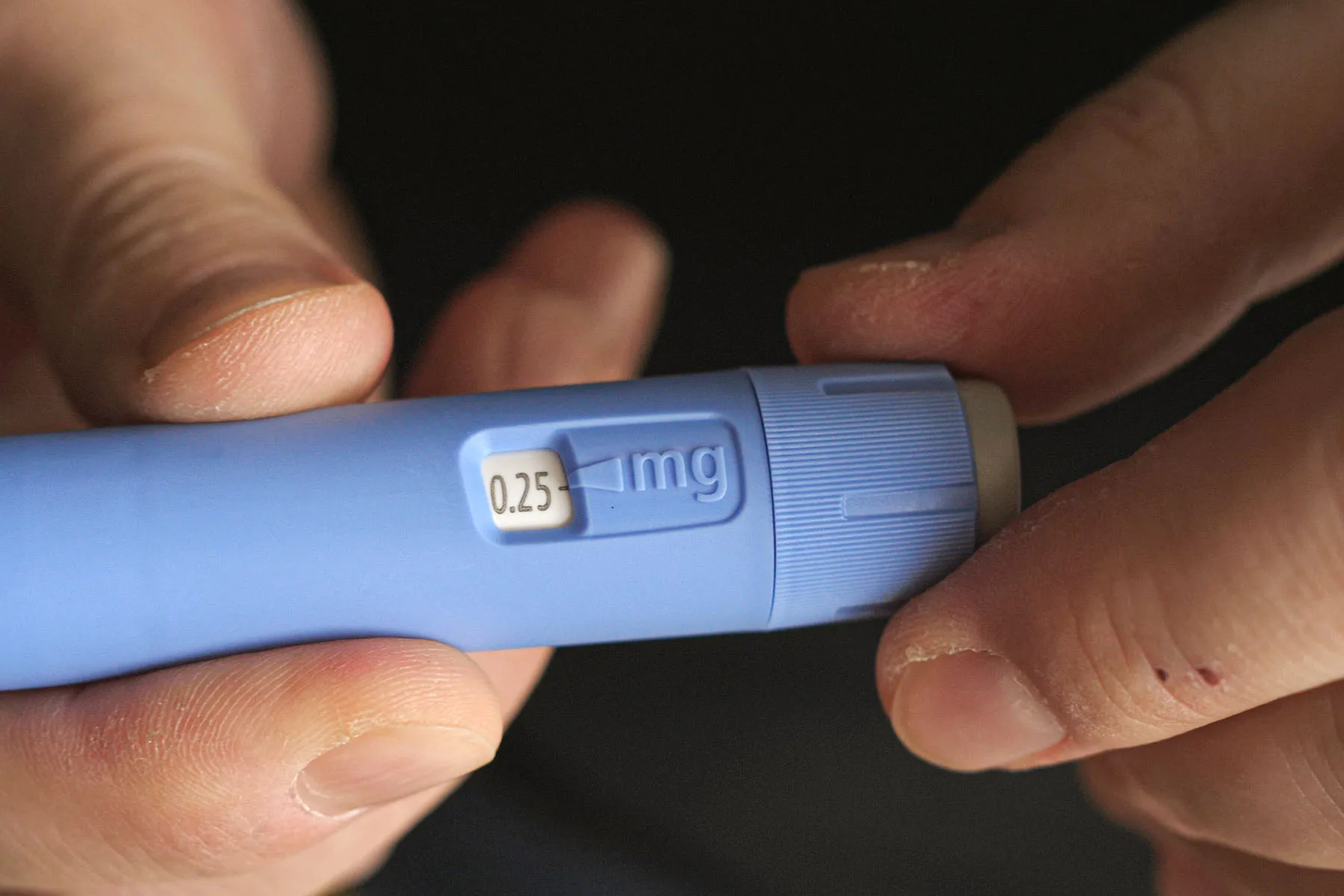July 18, 2025 – You know them by names like Ozempic and Wegovy, and for what they can do – help people lose weight. But if you’re among the roughly 1 in 8 Americans who’ve tried GLP-1 drugs – including newer options like Zepbound and Mounjaro, which target more than one hormone – you could be at risk of nutrient deficiency, muscle loss, and even bone loss, unless you make diet and exercise part of the picture.
“Although GLP-1 medications are a major breakthrough in obesity management, lifestyle factors still matter,” said JoAnn E. Manson, MD, a professor of medicine at Harvard Medical School. “Outcomes of patients on these medications are much better with attention to adequate protein intake, healthy diet, good hydration, and regular muscle-strengthening exercises to mitigate the loss of lean body mass.”
Here’s a three-pronged approach to make the most of modern weight loss medications.
1. Maintain Your Muscle
With any weight loss, including that with GLP-1s, you don’t get to pick where you lose it. “Loss of muscle and lean body mass is common on these medications, on average about 25%,” said Manson. Over time, that can lead to bone loss too, especially in older adults or those with sedentary lifestyles.
Eat plenty of protein, the guidelines say. Aim for 1 to 1.5 grams per kilogram (or about half a gram per pound) of body weight each day – or 20 to 30 grams per meal. That’s slightly higher than the standard 15 to 30 grams per meal recommended for all adults.
Exercise is also critical. Start with an evaluation of where you are now, and slowly work up to 150 minutes of cardio (like walking) and two to three 30-minute strength sessions each week, the CDC’s recommended activity level.
Don’t just rely on your doctor to guide you. “Most doctors won’t have the time to thoroughly go through your exercise history, current lifestyle, and any hurdles to beginning exercise,” said Samuel Klein, MD, a professor of medicine and nutritional science at Washington University in St. Louis. “Work with a trainer or someone who is an expert in how to exercise.”
Insurance might cover personal training (if a doctor prescribes it as part of a medically necessary treatment plan), but a better bet: Ask your health care provider if it offers a formal weight management program – many qualify for reimbursement.
2. Sidestep Side Effects
The right eating strategy can help offset potential digestive side effects, such as constipation, nausea, and heartburn. “I recommend smaller, more frequent meals, decreasing fat and salt intake, and chewing slowly so that you reduce the amount of bulk leaving your stomach,” said Klein. That helps your gut better manage the slower-than-usual movement of food into your intestines caused by GLP-1s.
Staying hydrated helps keep things moving, too – and dehydration is a risk of these medications, which suppress thirst along with appetite. The guidelines encourage eight to 12 glasses of water a day, along with soups and water-rich fruits and vegetables like cucumbers and watermelon. Keep dehydrating drinks with things like alcohol and caffeine to a minimum.
3. Keep These Habits – Even Post-Meds
These medications are intended for long-term use, said Jody Dushay, MD, a co-author of the guidelines and assistant professor of medicine at Harvard Medical School. “That said, once people reach a weight loss plateau at the highest tolerated dose, then you move to the weight maintenance phase of treatment.”
That could mean “lowering the dose, staying on the same dose but extending the number of days between injections, or, least commonly, a trial off medication,” Dushay said.
In general, keeping weight off is notoriously difficult, but research suggests that the key to success comes down to one thing: consistency.
“Weight regain is highly individualized and depends on many factors,” said Dushay. Chief among them is an “ongoing engagement in a healthy lifestyle.”
